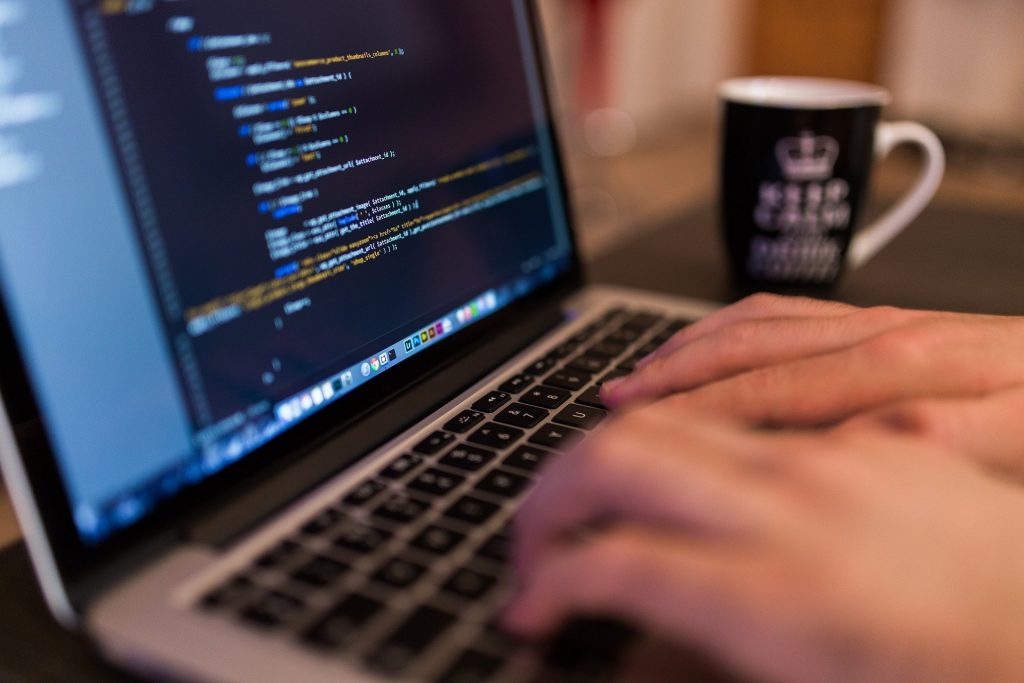 By James (Student blogger: BA Politics and International Relations)
By James (Student blogger: BA Politics and International Relations)
Mental health has been the shadow in the dark this term, something that it would be safe to say that more and more people are struggling with. I have struggled with it, and so have many people I know. Although there are some simple things can help with mental health as we go into Christmas and the new term that have helped me personally.
- Self Care
Although something we hear about and see loads of, its important to make sure you give yourself some time to refresh. Whether that be a simple shower, walk, exercise, each one helps you to feel a bit more refreshed and ready to fight the day as it comes. Even doing something basic to make sure you’re prepared for the day gets you into the right mind state.
- Looking Yourself in the mirror
For me, a simple looking at myself in the mirror can help me build up my confidence for the day. For me I struggle with self-esteem so waking up and looking myself in the mirror and telling myself I’m good enough can help me again start the day right rather than in the wrong way and in the wrong mood.
- Don’t hold yourself to strict rules
For me, I know I beat myself up for not meeting a target of the day, or not upholding my strict rules I put on myself. It’s important to remember everyone needs breaks, and everyone needs to make sure they give themselves sometime between everything. Instead of cramming and not giving yourself time, make sure you get that cup of tea, or chocolate and make sure you look after yourself and don’t overwork yourself, or put too much pressure on yourself.
- Give yourself some time to reflect
Make sure when you’re working you give yourself time to look at what you’re doing and allow yourself to be proud of that. Make sure you don’t get caught up in the nitty-gritty things in life and work and make sure you can look at the overall picture and allow yourself to be happy with what you’ve achieved.
- Most importantly, speak out
This is always the step that got me, I could do all the previous areas, but I could never speak out. Trust me when I say speaking out is the most important thing that you can do; this means it does not bubble over the top. My favourite thing I got told was ‘pretend you’re a bottle of coke, and each thing that upsets you shakes you a little. Once you speak and let it out, you are a lot calmer and are not holding the pressure of the things that upset you’. This to me shows the importance of talking. Sometimes we can’t hold the pressure of the things getting on top of us and this makes us feel like we’re going to explode. It is important to let it out and speak up and take that pressure away.

 By Manuella (Student blogger: Economics and International Relations)
By Manuella (Student blogger: Economics and International Relations) By Safiya (Student blogger: BA English Literature)
By Safiya (Student blogger: BA English Literature) By Will (Student Blogger: BSc Hons Entrepreneurship and Management)
By Will (Student Blogger: BSc Hons Entrepreneurship and Management) By Lucy (Student blogger: MSc Management)
By Lucy (Student blogger: MSc Management) By Tsz Yan (Student blogger: MSc Business Analytics )
By Tsz Yan (Student blogger: MSc Business Analytics )
 By Jojo (Student blogger: BSc Hons Economics)
By Jojo (Student blogger: BSc Hons Economics)